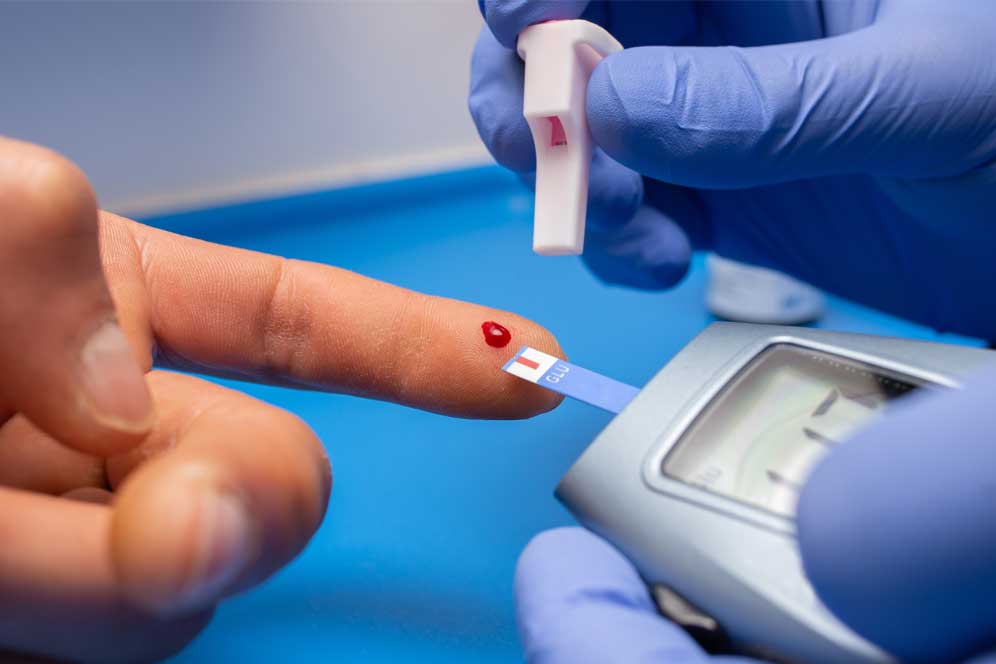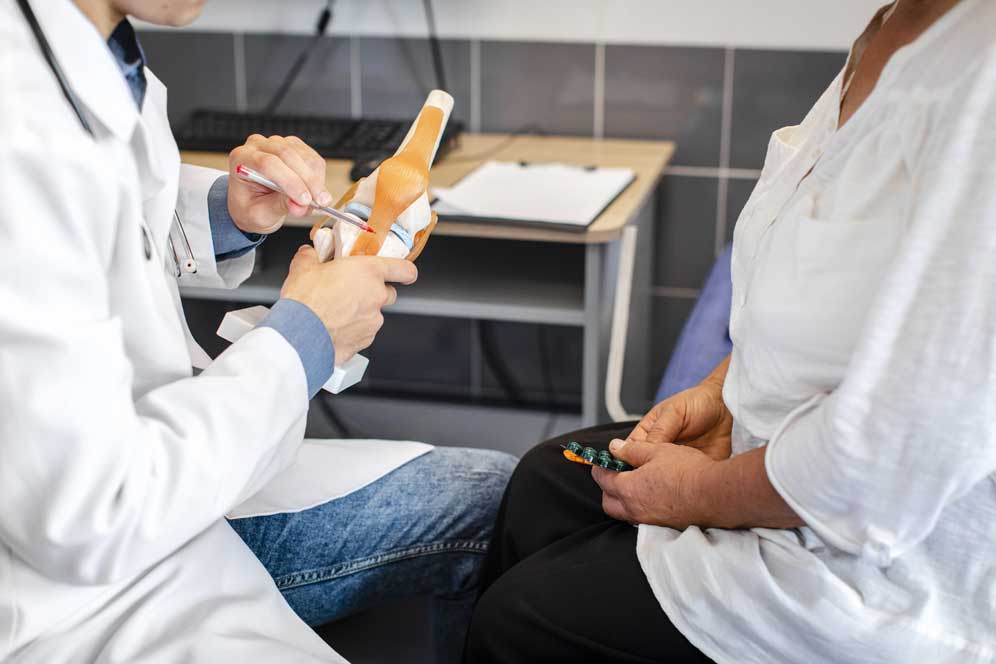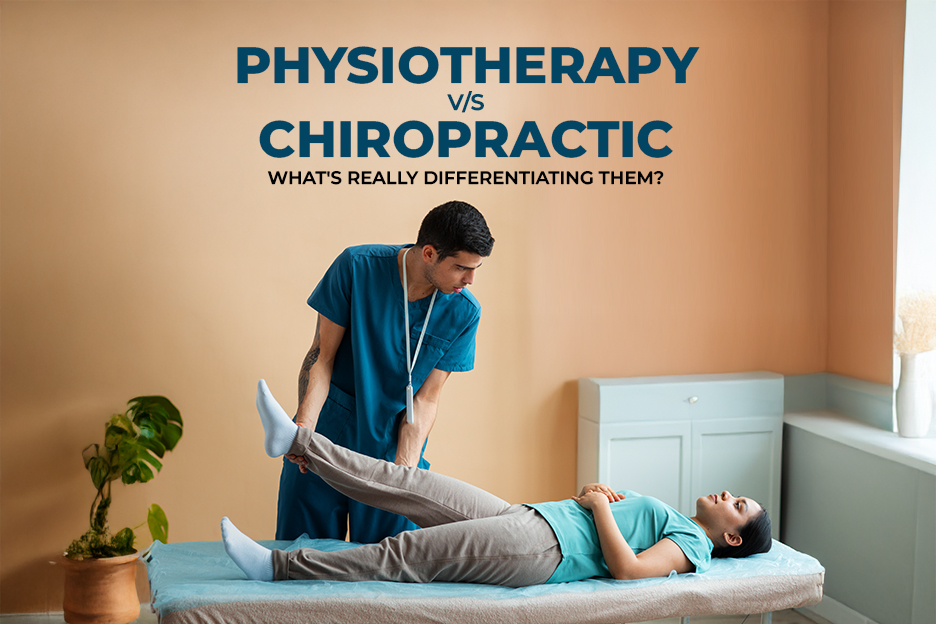
28 Oct 2025
Alzheimer’s Disease Treatments
Alzheimer’s disease is a progressive brain disorder that gradually destroys memory, thinking ability, and independence. While there is currently no cure for Alzheimer’s disease, medical science has developed several treatments for Alzheimer’s disease that can help manage symptoms, improve quality of life, and slow the progression of decline.
When people talk about treatment of Alzheimer's disease they’re referring to a combination of medications, lifestyle therapies, and supportive care that work together to make daily life more manageable. Let’s explore the current landscape of treatment for Alzheimer’s disease and what’s on the horizon.
1. Medications for Alzheimer’s Disease
Cholinesterase Inhibitors
These are among the most commonly prescribed medications for Alzheimer’s. They work by boosting levels of a brain chemical called acetylcholine, which supports memory and communication between nerve cells.
Common examples include:
-
Donepezil – used for all stages of Alzheimer’s disease.
-
Galantamine – prescribed for mild to moderate stages.
-
Rivastigmine – available in capsule or patch form, suitable for mild to moderate stages.
These drugs can temporarily improve symptoms related to memory, thinking, and communication, though they do not stop the disease from progressing.
Glutamate Regulator (Memantine)
Memantine is often prescribed for moderate to severe stages of Alzheimer’s. It helps regulate glutamate, a neurotransmitter that affects learning and memory. Memantine can be used alone or combined with a cholinesterase inhibitor for better results.
Disease-Modifying Therapies
This is one of the most promising areas in Alzheimer’s research. Newer drugs such as Lecanemab and Donanemab have been developed to target the buildup of amyloid plaques in the brain — one of the key hallmarks of Alzheimer’s disease.
These therapies have shown the potential to slow cognitive decline in early stages, marking a major step toward long-term disease control. However, they come with considerations around cost, availability, and potential side effects.
While these medications represent important progress, it’s crucial to understand that they do not yet offer a complete Alzheimer’s disease cure. Instead, they aim to modify the disease’s course and delay progression.
2. Non-Medication Therapies & Supportive Care
The treatment of Alzheimer’s disease doesn’t rely solely on medications. Non-drug therapies play a vital role in maintaining a patient’s mental, emotional, and physical health.
Cognitive Stimulation
Engaging in mentally stimulating activities — puzzles, memory exercises, and social interaction — helps strengthen cognitive abilities and slow decline.
Lifestyle Interventions
Regular physical activity, a balanced diet rich in antioxidants and omega-3 fatty acids, adequate sleep, and stress management can all contribute to better brain health.
Managing other conditions like diabetes, hypertension, and high cholesterol is equally important, as they are known risk factors for cognitive decline.
Behavioral & Emotional Support
Many people with Alzheimer’s experience agitation, mood swings, depression, or sleep disturbances. Behavioral therapies, counseling, and emotional support groups can help patients and caregivers manage these challenges more effectively.
Emerging Therapies
Innovative techniques such as brain stimulation therapies and virtual memory training are currently being explored. These aim to improve neural connectivity and slow symptom progression without the use of medication.
3. The Search for a Cure
Despite remarkable progress, an Alzheimer’s disease cure remains elusive. Current medications manage symptoms and slow deterioration, but they cannot reverse brain damage already caused.
However, the emergence of disease-modifying therapies offers new hope. Scientists are increasingly optimistic that early diagnosis and intervention may one day make Alzheimer’s a manageable chronic condition rather than a fatal one.
Ongoing research continues to explore new drug targets — particularly those that address tau protein buildup and inflammation in the brain — potentially paving the way for more effective treatments in the near future.
4. Practical Considerations for Patients & Caregivers
-
Early Diagnosis Matters: The earlier the condition is identified, the better the results from both medication and therapy.
-
Combination Approach: The best outcomes are seen when medications are combined with lifestyle interventions and emotional support.
-
Monitoring & Side Effects: Some drugs may cause nausea, dizziness, or fatigue. Regular medical follow-ups help ensure safety and effectiveness.
-
Access & Cost: Newer therapies may be expensive or available only in specialized centers, so consultation with a neurologist is essential.
-
Hope in Research: Continuous global research efforts are bringing us closer to better, safer, and more accessible treatments for Alzheimer’s disease.
Conclusion
Today Alzheimer’s treatment is far more advanced than it was a decade ago. From medications that regulate brain chemicals to therapies that target the root cause of degeneration, the focus has shifted from managing symptoms to modifying disease progression.
While we do not yet have a cure for Alzheimer’s disease, combining the right medications, early interventions, and holistic care can greatly improve the quality of life for patients and caregivers alike. The road to a complete cure is still being paved — but with every new discovery, hope continues to grow stronger. If you or someone you care about is living with Alzheimer’s disease, visit Arora Neuro Centre — a trusted neurology hospital in ludhiana, where kind doctors and modern treatments help improve brain health and daily life.
Recent Blogs
-

We will work with you to develop individualised care plans
Arora Neuro Centre maintains awareness about the vital association between diabetes and neurological health issues where diabetic patients face greater stroke susceptibility.
-

How Diabetes Affects Brain Health: The Hidden Risks
Typically diabetes causes problems with blood sugar management as well as negative effects on heart organs and kidneys.
-

Can Diabetic Neuropathy Be Prevented? What You Need to Know
One of the typical complications arising from diabetes affects nerves through diabetic neuropathy which results in various symptoms from muffled sensation and tingles to intense pain.
-

Psychotherapy for Anxiety: Techniques That Really Work
Anxiety is one of the most common mental health conditions in India and around the world. It can affect anyone, whether you’re a student under pressure, a working professional managing deadlines, or a parent juggling multiple responsibilities
-

Physiotherapy vs. Chiropractic: What's Really Differentiating Them?
Physiotherapy and chiropractic care both aim to relieve pain and improve mobility, but they differ in approach. Physiotherapists focus on exercise, movement, and rehabilitation, while chiropractors primarily use spinal adjustments to treat musculoskeletal issues. Understanding these differences can help you choose the right treatment.
